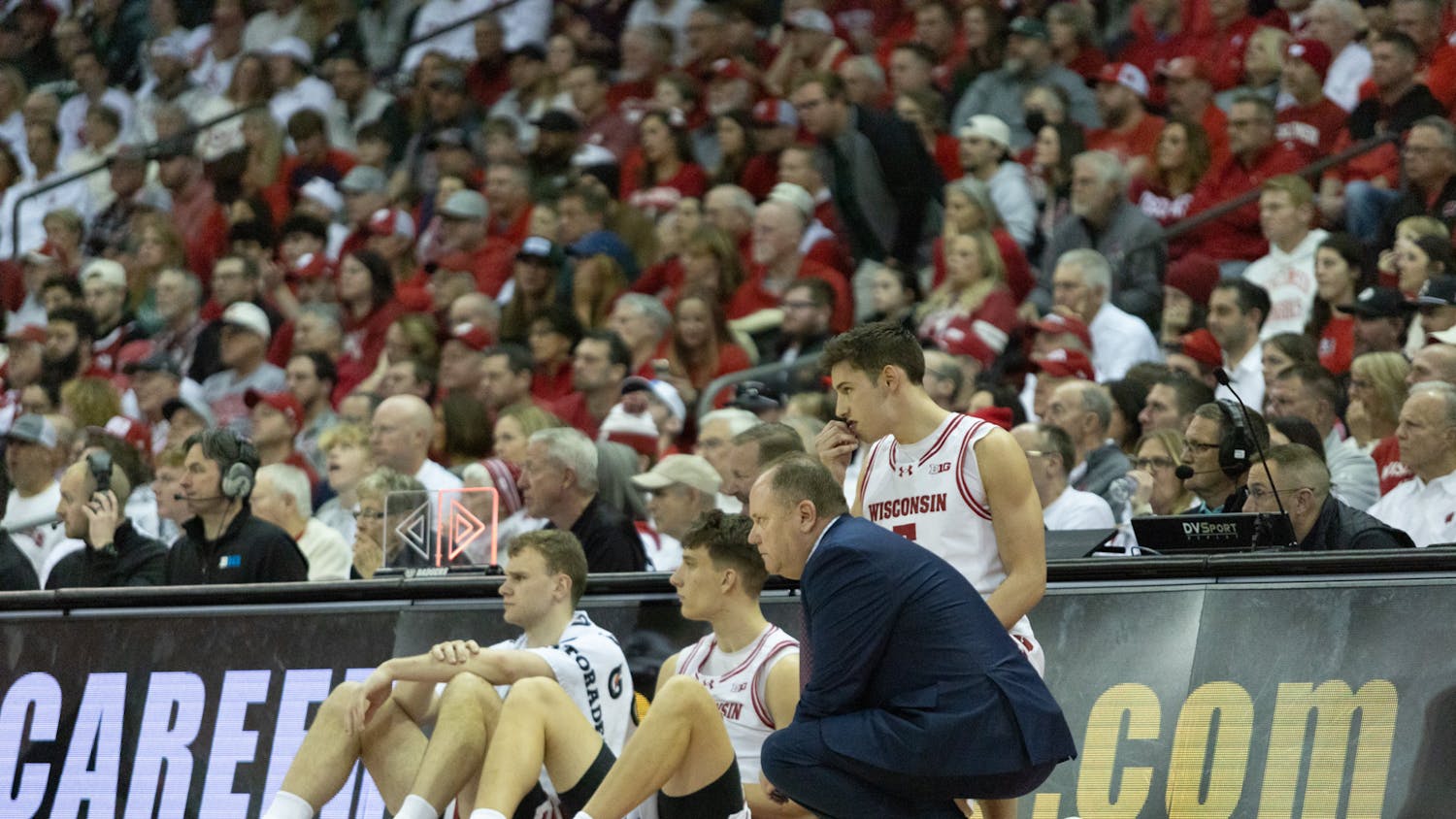The NFL is the country's most popular sport for several reasons, and somehow the perceived parity of the league is one of them. Loads of NFL fans will tell you that their league's the best because they think there's more balance in it than there is in baseball.
But the reality is the NFL is just as unbalanced as any other league, if not more.
Ask a Buffalo Bills fan if he thinks there's a lot of parity in the league; their team hasn't made the playoffs since 2000.
How about the St. Louis Rams? They have won five of their last 37 games.
The Kansas City Chiefs are a little better, but not by much. They've won six of their last 37.
The easiest target has to be the Detroit Lions, who have lost 27 of their last 29 contests.
Sure, every year a team or two in the NFL surprises some people and makes a playoff run, but that happens in every sport, especially baseball.
In 2008 the Rays earned a place in the World Series. And in 2007 it was the Colorado Rockies making the shocking trip to the Fall Classic.
Think the NFL's wild because the Arizona Cardinals went 9-7 but still played in the Super Bowl? How about in 2006 when the St. Louis Cardinals went 83-79 (51.6 winning percentage, worse than Arizona's) and actually won the title?
The truth is the competition in the NFL is ultimately as predictable as in baseball. Who's going to be good this year in the NFL? It will probably by the Patriots, Colts, Steelers and Chargers.
One can forecast the participants in the NFL postseason just as easily as in the MLB.
And if anyone needs recent proof of the gross unbalance in the NFL, look no further than the slate of games in week five of the 2009 NFL season.
The now 5-0 Minnesota Viking beat the 0-5 St. Louis Rams by four touchdowns, the 4-1 Eagles defeated the 0-5 Bucs, 33-14, the 5-0 Colts beat the 0-5 Titans by 22 points and the 5-0 Giants were victorious over Oakland, 44-7.
The old phrase ""any given Sunday"" doesn't make much sense anymore, because nearly a third of the teams in the league are flat-out miserable. Right now there are nine teams with one or no wins five weeks into the season, a little over 28 percent.
The bottom tier of the NFL is not only miserable, it's full.
And these teams aren't even competing. St. Louis has a point differential of minus-112, meaning the Rams are losing by an average of 22.4 points per week, and only once have they been within 18 of their opponent.
The Raiders have won a game but have still managed to have a minus-81 point differential, averaging 16.2-point losses per game.
In addition, Kansas City, Tampa Bay, Detroit, Tennessee and Cleveland are all losing games by an average of double digits.
And on the top of the league, there are seven clubs averaging double-digit victories. Over a third of the teams in the league are averaging double-digit point margins; doesn't sound like much balance to me.
People complain about the haves and the have-nots in baseball. They say it's unfair how the Yankees, the Red Sox and the Angels are always good and how the Pirates and the Royals are always bad. Well, it's the same way in football.
Barring any drastic changes in the near future, you'll still have your Lions, and your Browns, and your Raiders losing. It's pretty easy to predict who's not going to the playoffs in the NFL, even before the season's a third done.
The NFL's great on so many levels, but, despite popular opinions, you can't say parity's one of them. You're always going to have your perennial powerhouses and your loser franchises.
That's how it is in baseball, and it's the same way in football.
Do you think there is parity in the NFL? E-mail Scott at kellogg2@wisc.edu.





